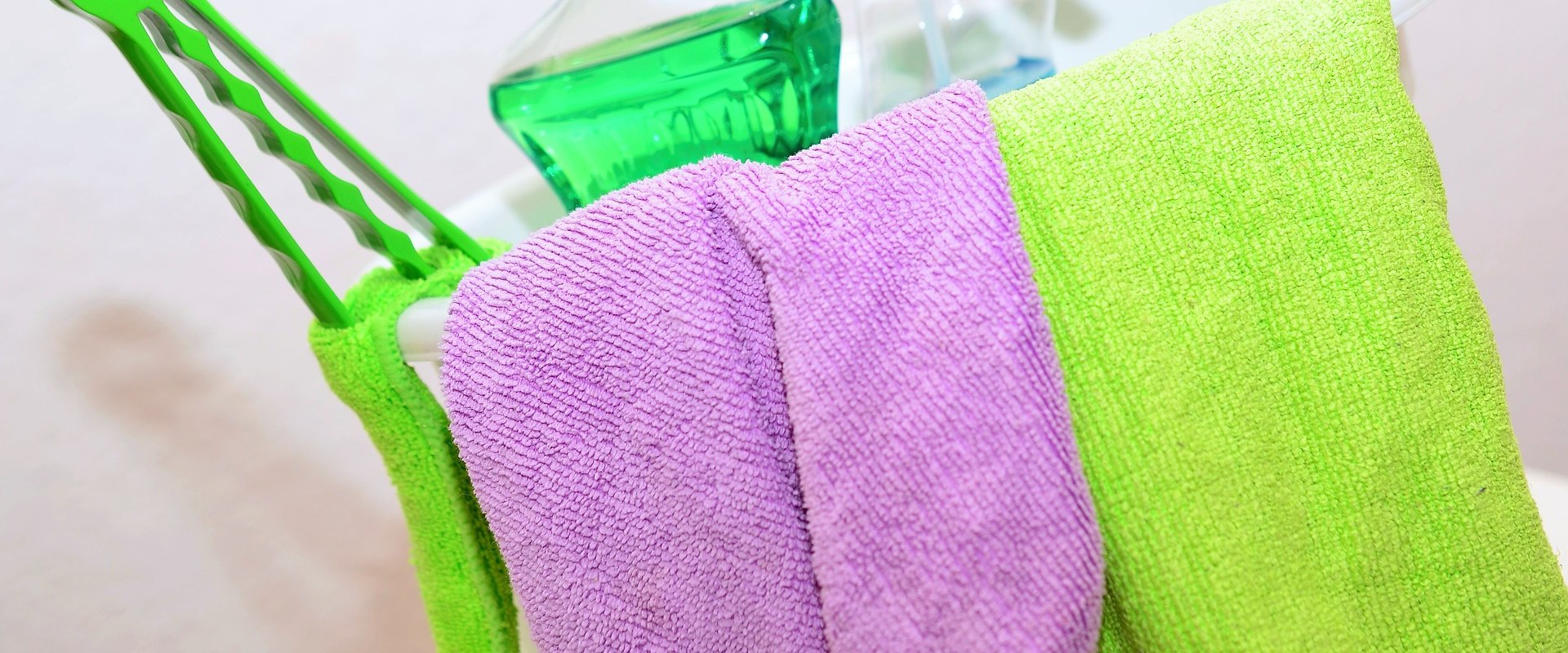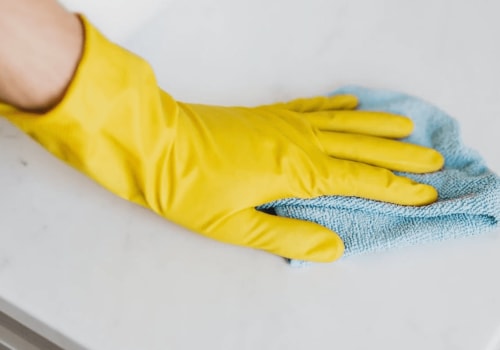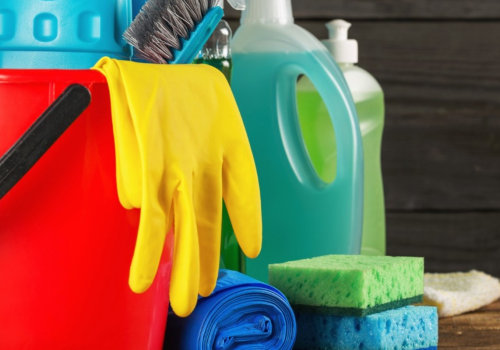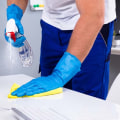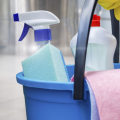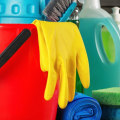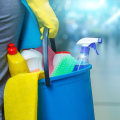Common cleaning products Acetic acid (vinegar), various forms of alcohol, including isopropyl alcohol or isopropyl alcohol, ammonia solution, amyl nitrite and other nitrites, bleach, borax, carbon dioxide, citric acid. COVID-19 Resources Now Included in Food Handler Training Detergents are the most common type of cleaning agent used in domestic and commercial kitchens. They work by breaking up dirt or dirt, making it easy to remove them. The detergents used in commercial kitchens are usually synthetic detergents made from petroleum products and can be in the form of powder, liquid, gel or crystals.
Degreasers are sometimes referred to as solvent-based cleaners and are used to remove grease from surfaces such as oven surfaces, countertops, and grill splashes. In the past, methylated alcohols or turpentine were commonly used as degreasers. Most food companies are now trying to use non-toxic and non-smoking degreasers in their operations to prevent chemical contamination. Abrasives are substances or chemicals that rely on the action of rubbing or scrubbing to clean dirt from hard surfaces.
In commercial kitchens, abrasives are generally used to clean floors, pots and pans. Abrasives should be used with care, as they can scratch certain types of materials used in kitchen equipment, such as plastic or stainless steel. Canadian Food Safety Institute 77 Bloor St West, Suite 600 Toronto, Ontario, M5S 1M2, Canada. They are of two basic types: alcohol-based, water-based.
Alcohol-based brighteners contain a mixture of mainly natural waxes, dispersed in an alcohol solvent. They can be in paste or liquid form and contain silicon, but too high a silicon content makes the floor slippery. The polish build-up can be removed by losing the wax finish with alcohol and a slight abrasion, and then picking up the loose wax with a damp cloth mop. It is suitable for floors that are damaged by water, such as wood, cork, linoleum and magnesite.
Water-based brighteners are emulsions in which fine particles of natural and synthetic waxes are dispersed in water. They are suitable for use on thermoplastic, rubber, PVC, asphalt and combination floors, as alcohols can affect them. They can also be used on sealed floors made of wood, cork, magnesite and linoleum. Water-based polishes are always liquid, but can be fully polishable, semi-polishable or dry glossy.
Accumulated polish can be removed by loosening the wax synthetic resin with hot water and alkali, without detergent. Detergents are the most common type of cleaning agent and are used in domestic and commercial kitchens. When it comes to cleaning chemicals, don't settle for second best. It is essential to choose commercial cleaning products with the strength to meet the demands of the professional catering industry.
Whether you're planning a deep clean or daily maintenance, these powerful cleaning agents will ensure maximum cleanliness and hygiene with minimal effort. If you're looking for kitchen cleaning products, food-grade cleaning chemicals are safe to use in any food preparation area where food is handled. But there is a specialized cleaning agent available to specifically suit any task from the front or back of the house, from floors and surfaces to toilets and bathrooms. For best results, use your cleaning chemicals with these cleaning products and remember to protect yourself with safety work clothes.
What toxic chemicals do you buy for a particular cleaning job? The answer isn't easy unless you know what ingredients are in commercial products. The most common ingredients in household cleaning products include alkalis, acids, detergents, abrasives, disinfectants and alcohol solvents. Mix 3 parts warm water with 1 part baking soda to create a mixture that can clean the oven and fridge. For effective cleaning, make sure you use the correct cleaning agent for the type of item you are cleaning, the cleaning method you are going to use, and the type of soiling of the item.
We explain the science behind some of the most popular cleaning methods and tools, so you can clean smarter, not harder. Different cleaning chemicals are used depending on the item to be cleaned, the method of cleaning and the type of dirt found on the item. . .
